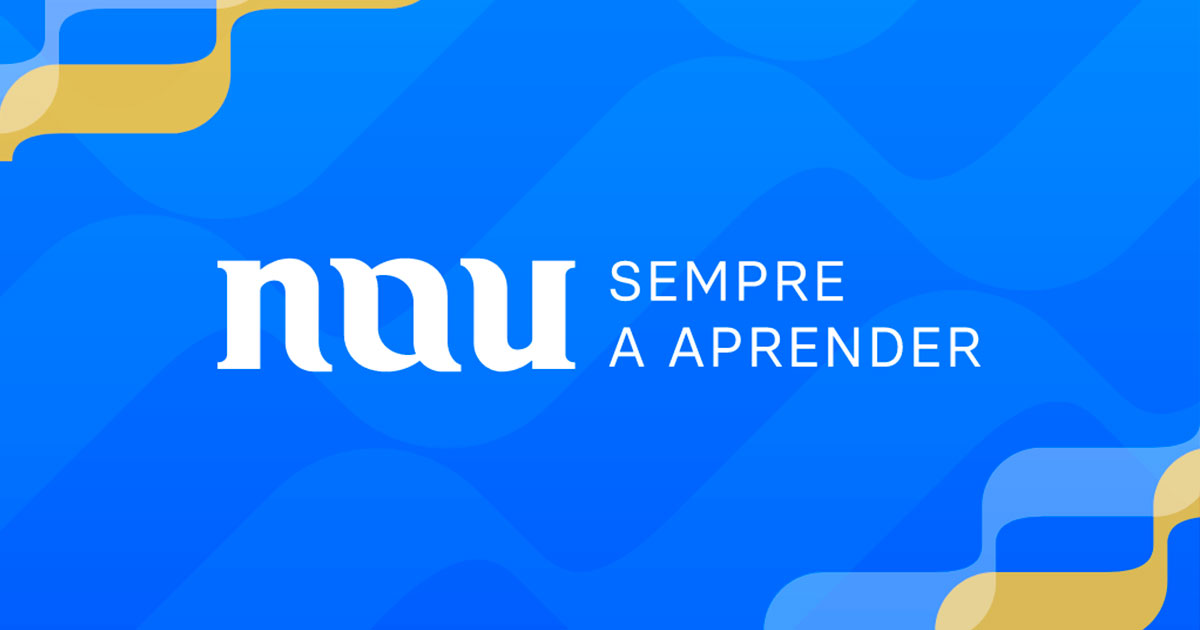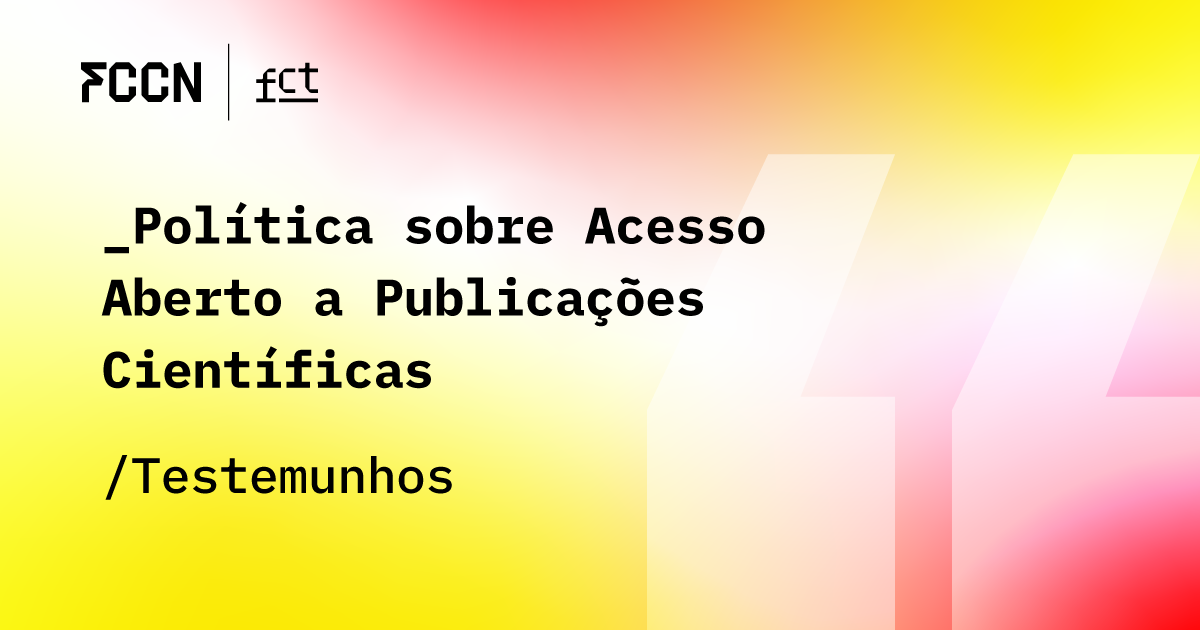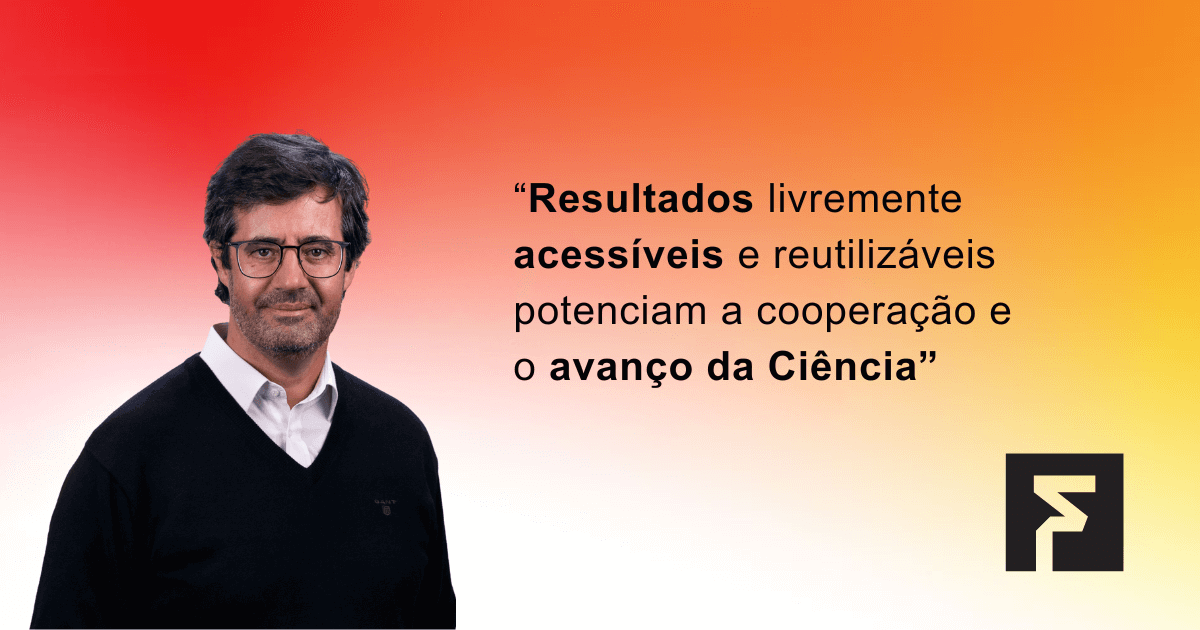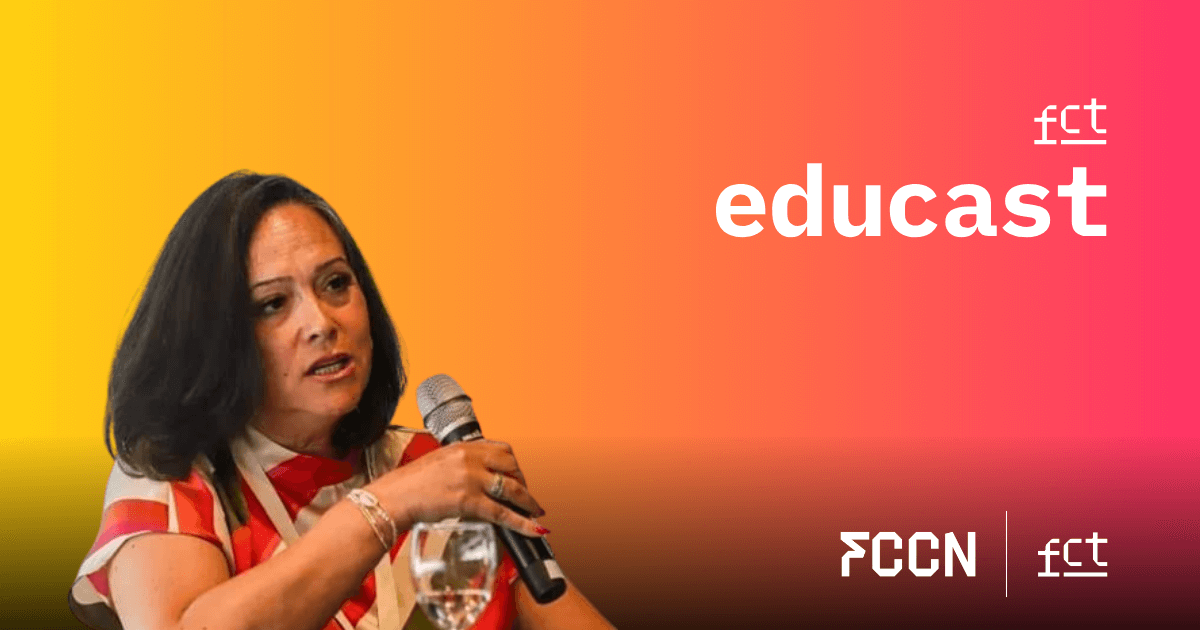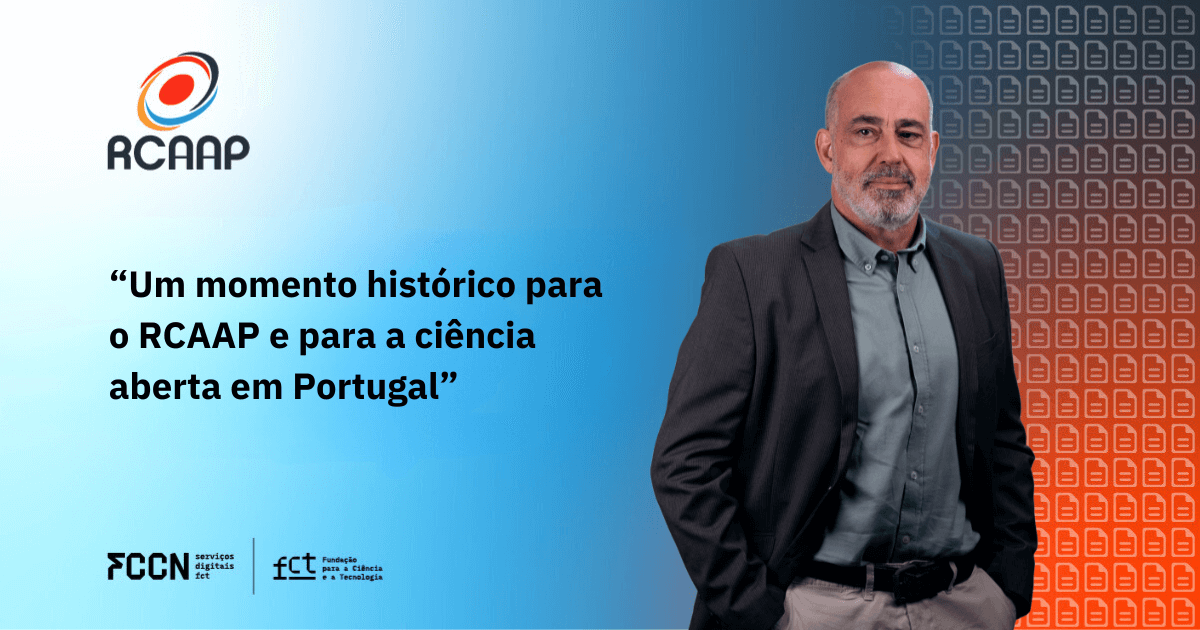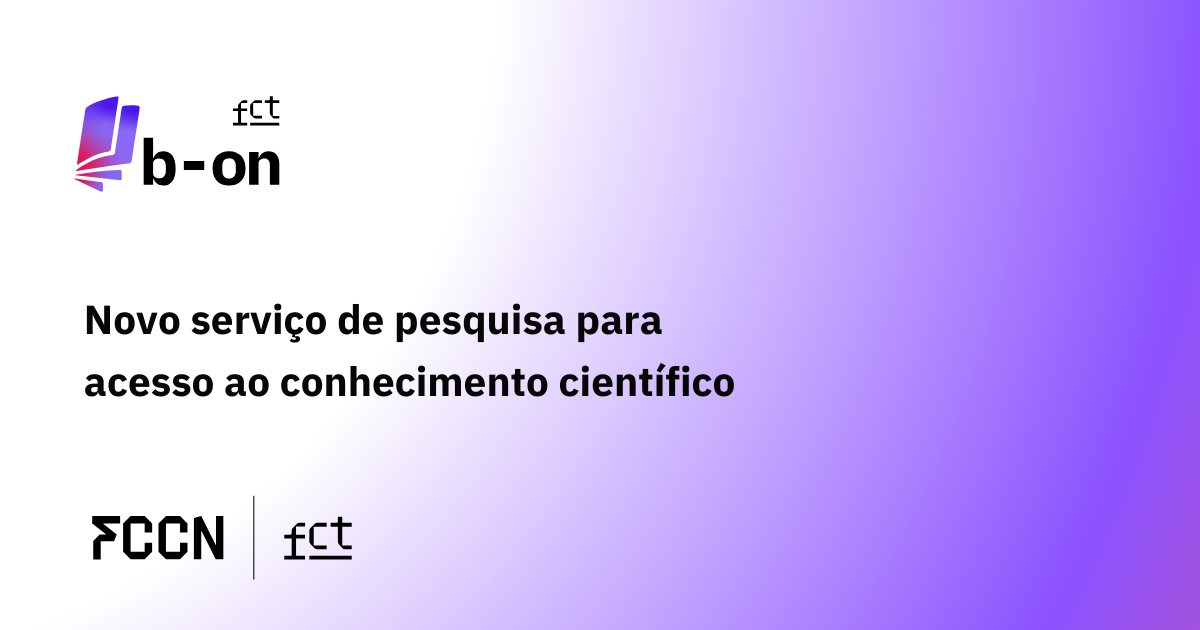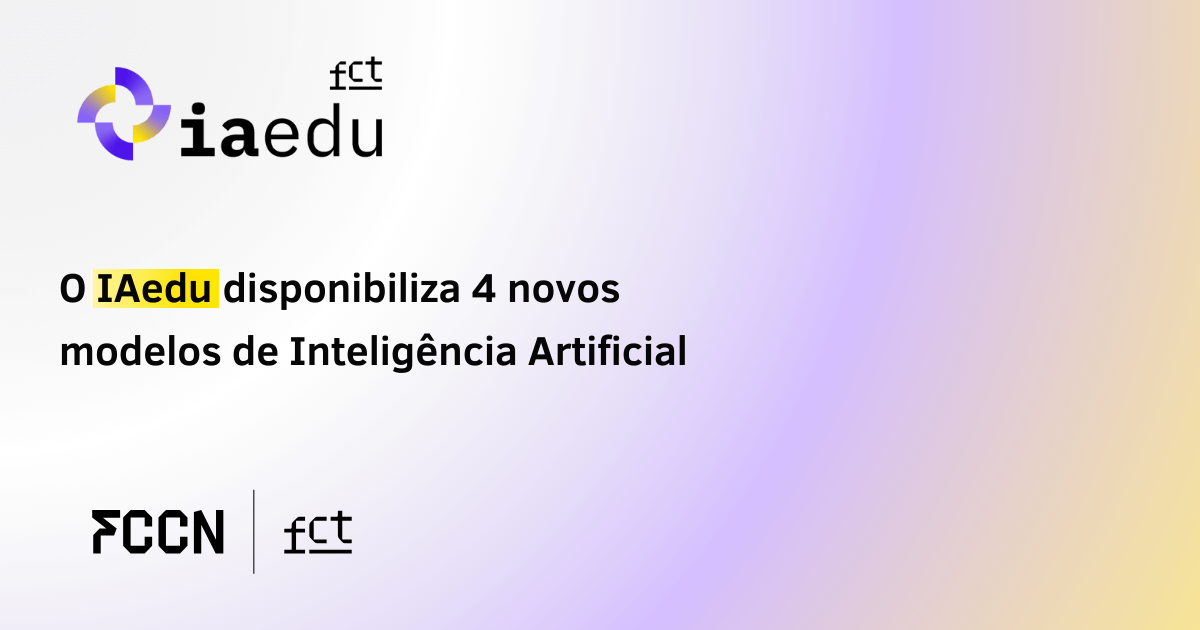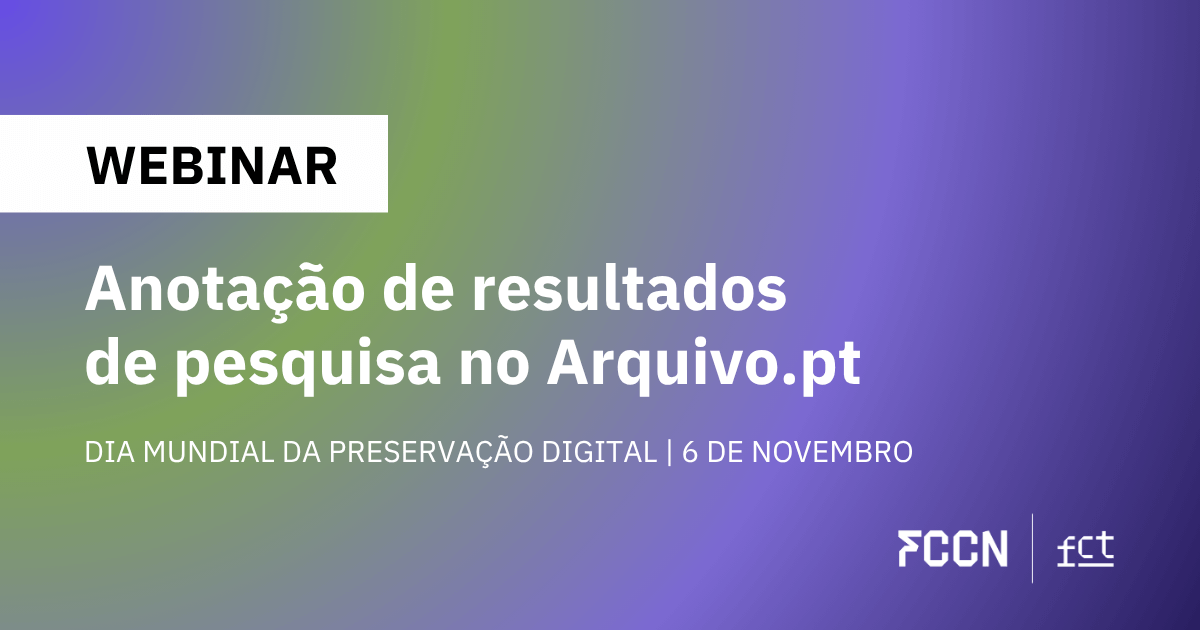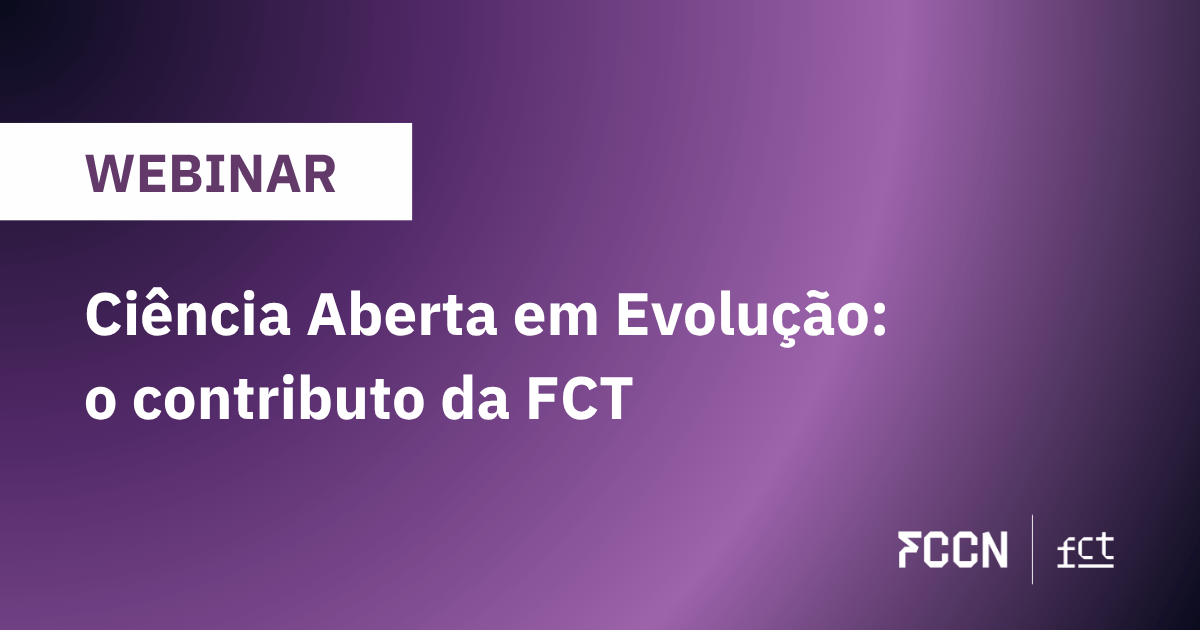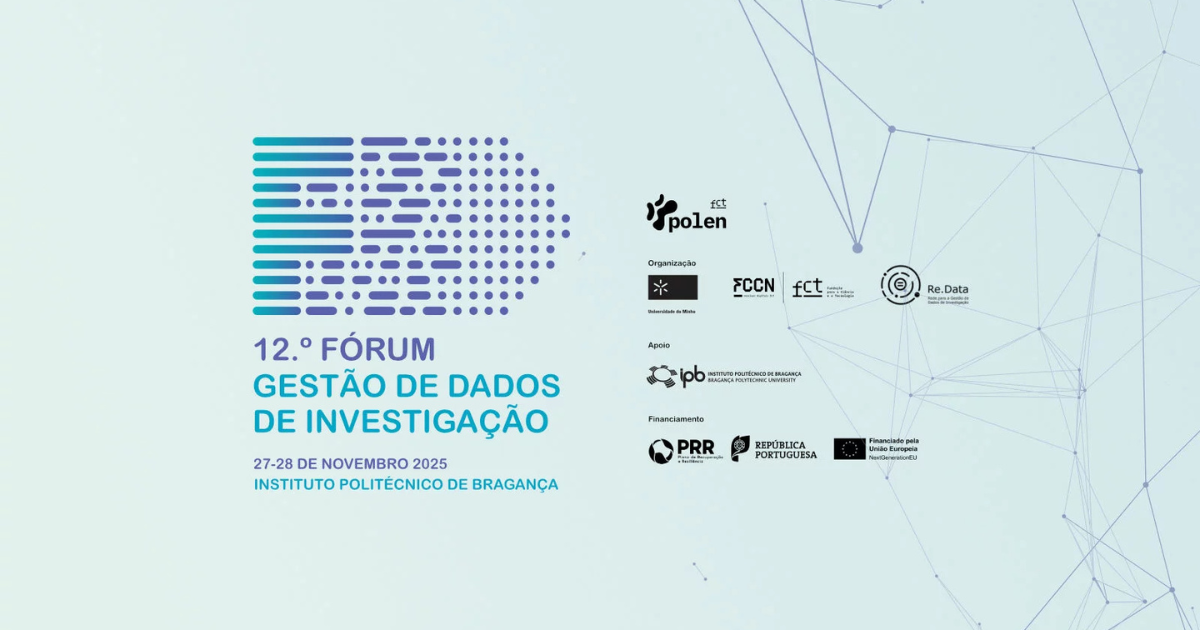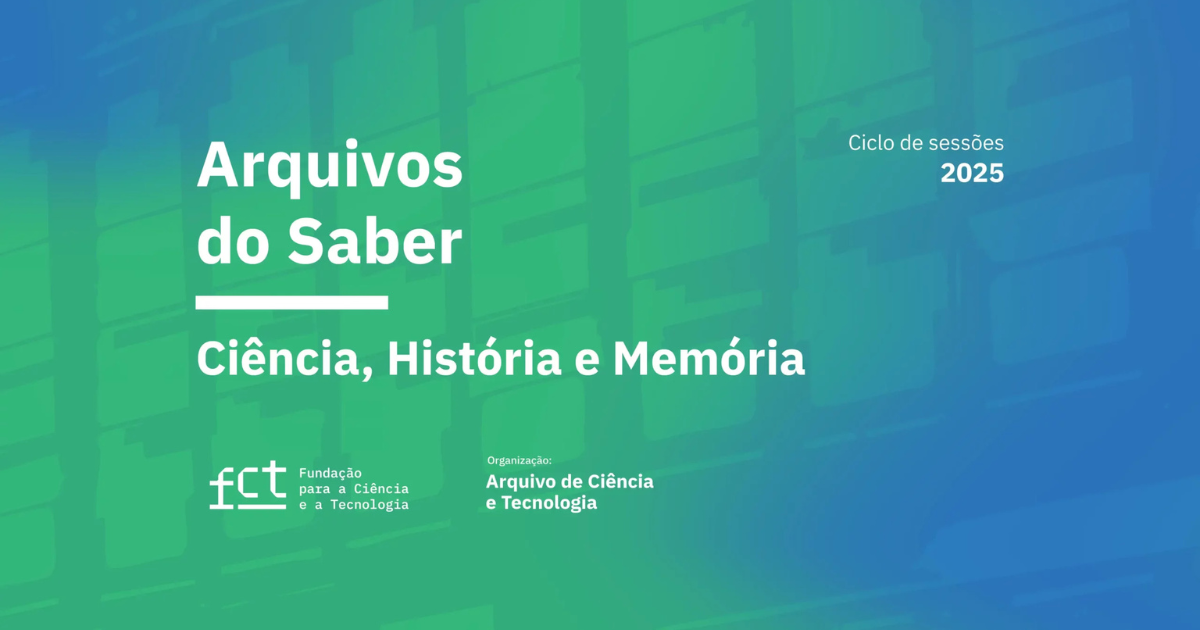Digital skills are an essential pillar of competitiveness and the platform NAU, in collaboration with public and private entities, aims to promote the production of relevant content, creating a consistent and collaborative ecosystem, and encouraging personal and professional development. This initiative is particularly important for Portugal's success in the digital world, in line with the program of the XXII Constitutional Government.
THE NAU has just launched a new website to reinforce its commitment to training and qualifications for the Portuguese population. This distance learning and training platform, which aggregates online courses and is managed by the National Scientific Computing Unit (FCCN) of the FCT, has approximately 78,000 registered users and offers a range of courses offered by public and private entities. It aims to continue growing and establish itself as a leading platform for knowledge, personal, and professional development for the Portuguese population.
Almost completing 18 months of existence, the NAU platform has redesigned its website (https://www.nau.edu.pt/) to make it more appealing and facilitate research and interaction with content not only for users but also for the promoting entities: public administration, higher education institutions (universities and polytechnic institutes), and private entities. Currently, NAU has 15 active promoting entities, with the goal of reaching 25 next year.
"We're very positive about the results, but we're aware that there's still a lot of work to be done, especially in attracting new sponsors. NAU is a platform that brings together courses offered by other institutions, so we need public and private entities to view NAU as a partner that can bring them significant benefits," emphasizes Nuno Feixa Rodrigues, member of the Foundation for Science and Technology (FCT), responsible for the NAU project.
Launched on April 3, 2019, NAU – Distance Learning and Training for Large Audiences, allows the aggregation of training actions provided by recognized and relevant entities in society in MOOC format (Massive Open Online Course) for a large number of users, including public officials. MOOC is an open distance learning format accessible to all, allowing large numbers of people to be trained simultaneously.
NAU has already offered 30 courses and generated 120,000 enrollments, but the goal is to reach 60 courses per year. Currently, 19 courses are available on the platform, promoted by nine different entities, namely: Cybersecure Citizen and Cyberinformed Citizen, from the National Cybersecurity Center; GDPR for Attentive Citizens and GDPR for Implementers in Public Administration, from INA; Hand Hygiene in Infection Prevention, Infection Prevention and Antibiotic Resistance, and Safe and Responsible Medication Use, from the DGS; Team Canvas – for more aligned and productive teams, Telework in Times of Isolation, from AMA; Inclusive Education, from the DGE; Fake News – Don't Be Fooled, Photography and Video with Smartphones, and Introduction to Digital Communication, from CENJOR; and Gender Equality in Work and Employment, from IEFP.
Based on Open EDX, a software Made available by the open-source EDX.org consortium, which has more than 24 million users worldwide, NAU aims to position itself as a platform for disseminating and promoting content produced by higher education institutions and other national promoters, thus contributing to the dissemination of science and the projection of entities internationally in this globalized world.
There are two ways to access courses on the NAU platform: open courses, which are the most common, and where anyone can register and access them, with no prerequisites or access restrictions; and closed courses, which are less common and in which the promoting entity itself selects the students who can access the course.
There are two learning models: 'Self-Paced (self-learning), the most common, in which the course is available for a period of time (about 6 months) and the trainee can access it at any time and progress at their own pace, with access to the respective certificate upon completion; and the 'Instructor Paced (modules), the model most used by the Directorate-General for Education (DGE), in which the course has a defined start and end date and the content emerges over time, generally from week to week, with the certificate being obtained after the end date of the course.
By providing an independent technology platform for disseminating MOOC content, the NAU project aims to place Portugal on the same level as other European countries, such as France and England. Globally, excluding China, MOOCs reached 110 million users last year, and in 2019 alone, 2,500 courses were created, offered by 450 universities. NAU's goal is, therefore, not only to make courses offered by partners specifically for NAU available, but also to aggregate those already available on its own platforms. The aggregation of quality content in Portuguese allows for economies of scale, greater institutional exposure, broader geographic reach, and greater visibility among enrolled students.
The founding partners of the NAU project are the Foundation for Science and Technology (FCT), the Directorate-General for Education (DGE), the Directorate-General for Health (DGS), the Directorate-General for the Qualification of Workers in Public Functions (INA), the Institute for Employment and Vocational Training (IEFP) and the General Secretariat for Education and Science (SGEC).
